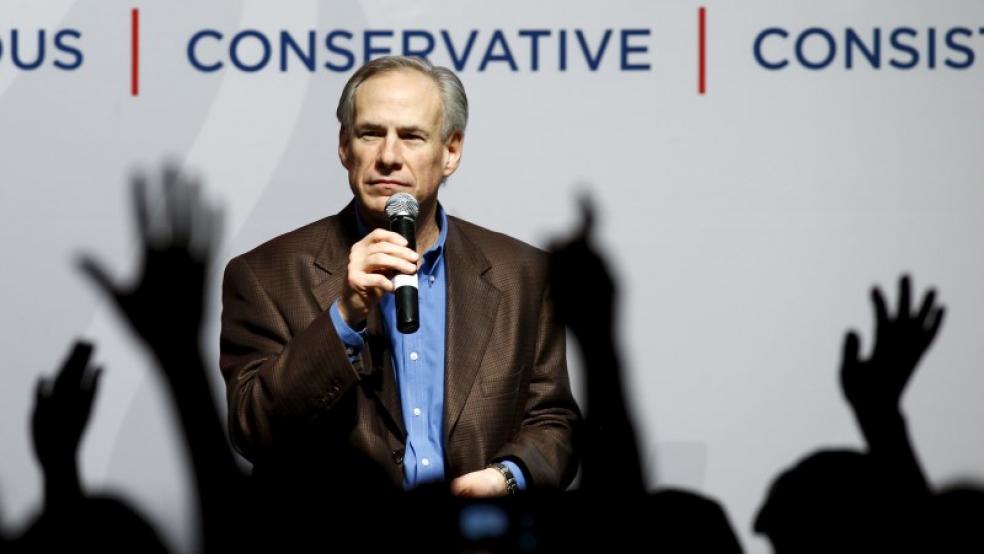By now, it’s pretty well established that Ted Cruz is not the most popular guy on Capitol Hill. When reporters write articles describing his colleagues’ feelings about the Texas senator, the words “hate” and loathe” make frequent appearances. And now that Cruz is surging in the Republican presidential primary, his chief rival appears to be making Cruz’s pariah status in D.C. a campaign issue.
“When you look at the way he’s dealt with the Senate, where he goes in there, frankly, like a little bit of a maniac,” Donald Trump said in a Fox News interview on Sunday. “You can’t walk into the Senate and scream and call people liars and not be able to cajole and get along with people. He’ll never get anything done, and that’s the problem with Ted.”
Related: Trump to Cruz – Nobody Likes You
It sounds like a pretty reasonable knock against a guy who wants to run the country. If the members of legislative branch can’t stand him, how could it possibly make sense to put him in the White House?
But consider this: In the recent Des Moines Register/Bloomberg poll of voters in the key early voting state of Iowa, Republican voters were asked who, among the top GOP candidates, would work most effectively with Congress. At the top of the heap, with 31 percent of the vote, was Cruz.
How is this possible? Sure, members of Congress don’t like Cruz. But it’s important to remember, the general public loathes Congress. What we’ve got here is a “the enemy of my enemy is my friend” situation.
“Congress is held in contempt by the voters, and the members of Congress hold Cruz in contempt,” said Larry J. Sabato, director of the University of Virginia’s Center for Politics. “Sounds like a made-for-TV ad: ‘They hate me because I've blown the whistle on them. I didn't go to Washington to become a member of the club, but to get things done and represent you. The special interests don't own me. I'm nobody's man but yours.’ The scripts write themselves.”
Related: Here’s Why Ted Cruz Could Win the GOP Nomination
Positioning himself as the mortal enemy of a body with disapproval ratings that regularly spike to above 80 percent might not, in the end, be a terrible strategy for Cruz.
“The fact that Cruz is disliked by Washington is seen as a positive,” agreed Republican strategist Ford O’Connell. “There’s also this idea that if he’s in Congress, he knows how to change Congress.”
Trump, he said, might decide that helping Cruz paint himself as the anti-Washington candidate is actually a poor choice.
“Part of the reason why Trump said that this weekend is that he likes to send up trial balloons. He likes to see what sticks when another candidate starts nipping at his heels.… He just hasn’t figured out what’s going to take down Cruz yet.”
Painting him as unpopular in Washington might not be the way to do it.





